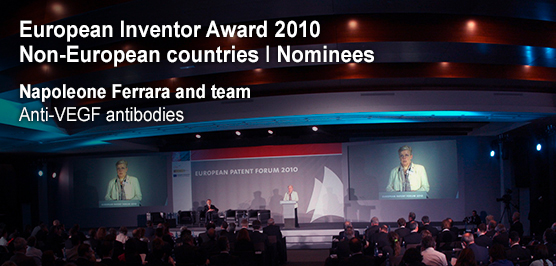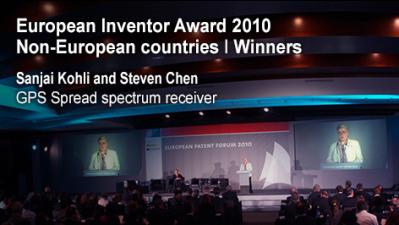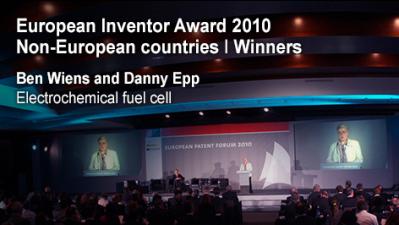Napoleone Ferrara
Anti-VEGF antibodies
Cancer remains the second most common cause of death in Europe. Every year, 3.2 million Europeans are diagnosed with cancer, a number that is expected to grow as the overall population advances in age.
A new approach to cancer treatment became possible when researchers identified the signalling proteins that tumours use to access the body's blood supply. These proteins can be suppressed with so-called anti-VEGF antibodies. This ultimately stops the blood supply to tumours.
Anti-VEGF antibodies are the active ingredients in Avastin, a drug released in 2004. It has become a standard treatment for a range of cancers in the USA and Europe.
The drug stops tumours right at the source. Just like healthy cells and organs, malignant tumours need the nutrients and oxygen found in blood to grow. Without connection to the blood supply, tumours cannot grow beyond 1 to 2 mm in diameter.
When a tumour becomes cancerous it "feeds" by sending out a signalling protein called vascular endothelial growth factor (VEGF). This protein causes new blood-vessel cells to begin forming, cells that ultimately make arterial connections to the tumour.
In 1989, Genentech scientist Napoleone Ferrara discovered and cloned VEGF for the first time. Baca and his team at Genentech then found that in healthy cells, a certain antibody keeps the spread of VEGF in check.
The team isolated the antibody in the blood serum of laboratory mice. Using genetic engineering, they "humanised" the antibodies. In 1997, the first clinical trials of the new antibody treatment - chemical name "bevacizumab" - proved successful in "starving" tumours. The drug was optimised and released on the US market in 2004.
Launched in Europe in 2005 under the name Avastin, the new drug is distributed by Swiss-based pharmaceutical company Roche. The drug is currently Genentech's top-selling product, generating $4.8 billion in global annual sales.
Avastin is now seen as the first step in an entirely new therapeutic approach called "targeted therapies". Currently, more than 450 clinical trials are underway worldwide to test the effect of the innovative drug on 30 different types of tumours.
Contact
European Inventor Award and Young Inventors Prize queries:
european-inventor@epo.org Subscribe to the European Inventor Award newsletterMedia-related queries:
Contact our Press team#InventorAward #YoungInventors


